Candidates pledge on energy
입력 2025.05.28 (02:03)
수정 2025.05.28 (02:26)
읽어주기 기능은 크롬기반의
브라우저에서만 사용하실 수 있습니다.
[Anchor]
Well, today (May 27) we will verify the energy pledges of the presidential candidates.
As a means to meet the rapidly increasing electricity demand in the age of artificial intelligence, candidates are mainly mentioning nuclear power and renewable energy.
However, the emphasis they place on these options varies.
Reporter Park Kyung-jun has the story.
[Report]
These days, we ask even simple questions like 'summer vacation spots' to ChatGPT.
Even with the same question, AI provides much more detailed answers.
While it's convenient, there is a cost.
That cost is electricity.
The amount of electricity consumed can differ by as much as ten times.
The power demand skyrocketing due to the development of the AI industry.
As a result, it is expected that our country's electricity consumption will increase by 10% in five years and by 23% in ten years.
So how do the candidates plan to handle this electricity demand?
As you can see, their positions are noticeably divergent.
There are clear differences among the candidates regarding how much they will utilize nuclear power and how much they will rely on renewable energy.
Lee Jae-myung, the Democratic Party candidate, states that he will only utilize existing nuclear power and expand renewable energy.
He has promised to build an energy highway using solar and wind power and to create 100% renewable energy, RE100 industrial complexes.
[Lee Jae-myung/Democratic Party Presidential Candidate/May 23: "The existing facilities can be used until 2060. In the meantime, we will significantly increase the share of renewable energy, whether it be wind or solar."]
Kim Moon-soo, the People Power Party candidate, has promised to increase the current share of nuclear power from 32% to 60% and reduce electricity rates by half.
He has also pledged to construct additional nuclear power plants and to commercialize small modular reactors (SMRs) early.
[Kim Moon-soo/People Power Party Presidential Candidate/May 23: "I believe that preparing a lot of cheap, stable, and clean nuclear power generation is the core of the national energy strategy."]
Lee Jun-seok, the Reform Party candidate, argues that nuclear power is more cost-effective than renewable energy.
He leans towards expanding nuclear power.
[Lee Jun-seok/Reform Party Presidential Candidate/May 23: "Talking about phasing out nuclear power and expanding renewable energy without understanding the industry is simply ideological..."]
On the other hand, Kwon Young-guk, the Democratic Labor Party candidate, declared 'nuclear phase-out by 2040' and advocates for the abolition of nuclear power.
[Kwon Young-guk/Democratic Labor Party Presidential Candidate/May 23: "I will work towards a South Korea without nuclear power plants. I know it won't be easy to achieve. However, it is very urgent."]
While there are clear differences among the four candidates, they all share a commonality in that it is difficult to find specific execution plans in their pledges.
There is no explanation on how they will secure a stable power supply through renewable energy or how they will address environmental and safety concerns if nuclear power is increased.
[Yang Jun-seok/KBS Pledge Verification Advisory Group/Professor at Yonsei University: "In reality, a tremendous amount of resources and social consensus are needed, but there is still no master plan on how to overcome the difficulties..."]
Experts pointed out that the candidates' energy policies lack strategies and realism for policy implementation.
KBS News, Park Kyung-jun.
Well, today (May 27) we will verify the energy pledges of the presidential candidates.
As a means to meet the rapidly increasing electricity demand in the age of artificial intelligence, candidates are mainly mentioning nuclear power and renewable energy.
However, the emphasis they place on these options varies.
Reporter Park Kyung-jun has the story.
[Report]
These days, we ask even simple questions like 'summer vacation spots' to ChatGPT.
Even with the same question, AI provides much more detailed answers.
While it's convenient, there is a cost.
That cost is electricity.
The amount of electricity consumed can differ by as much as ten times.
The power demand skyrocketing due to the development of the AI industry.
As a result, it is expected that our country's electricity consumption will increase by 10% in five years and by 23% in ten years.
So how do the candidates plan to handle this electricity demand?
As you can see, their positions are noticeably divergent.
There are clear differences among the candidates regarding how much they will utilize nuclear power and how much they will rely on renewable energy.
Lee Jae-myung, the Democratic Party candidate, states that he will only utilize existing nuclear power and expand renewable energy.
He has promised to build an energy highway using solar and wind power and to create 100% renewable energy, RE100 industrial complexes.
[Lee Jae-myung/Democratic Party Presidential Candidate/May 23: "The existing facilities can be used until 2060. In the meantime, we will significantly increase the share of renewable energy, whether it be wind or solar."]
Kim Moon-soo, the People Power Party candidate, has promised to increase the current share of nuclear power from 32% to 60% and reduce electricity rates by half.
He has also pledged to construct additional nuclear power plants and to commercialize small modular reactors (SMRs) early.
[Kim Moon-soo/People Power Party Presidential Candidate/May 23: "I believe that preparing a lot of cheap, stable, and clean nuclear power generation is the core of the national energy strategy."]
Lee Jun-seok, the Reform Party candidate, argues that nuclear power is more cost-effective than renewable energy.
He leans towards expanding nuclear power.
[Lee Jun-seok/Reform Party Presidential Candidate/May 23: "Talking about phasing out nuclear power and expanding renewable energy without understanding the industry is simply ideological..."]
On the other hand, Kwon Young-guk, the Democratic Labor Party candidate, declared 'nuclear phase-out by 2040' and advocates for the abolition of nuclear power.
[Kwon Young-guk/Democratic Labor Party Presidential Candidate/May 23: "I will work towards a South Korea without nuclear power plants. I know it won't be easy to achieve. However, it is very urgent."]
While there are clear differences among the four candidates, they all share a commonality in that it is difficult to find specific execution plans in their pledges.
There is no explanation on how they will secure a stable power supply through renewable energy or how they will address environmental and safety concerns if nuclear power is increased.
[Yang Jun-seok/KBS Pledge Verification Advisory Group/Professor at Yonsei University: "In reality, a tremendous amount of resources and social consensus are needed, but there is still no master plan on how to overcome the difficulties..."]
Experts pointed out that the candidates' energy policies lack strategies and realism for policy implementation.
KBS News, Park Kyung-jun.
■ 제보하기
▷ 카카오톡 : 'KBS제보' 검색, 채널 추가
▷ 전화 : 02-781-1234, 4444
▷ 이메일 : kbs1234@kbs.co.kr
▷ 유튜브, 네이버, 카카오에서도 KBS뉴스를 구독해주세요!
- Candidates pledge on energy
-
- 입력 2025-05-28 02:03:46
- 수정2025-05-28 02:26:06
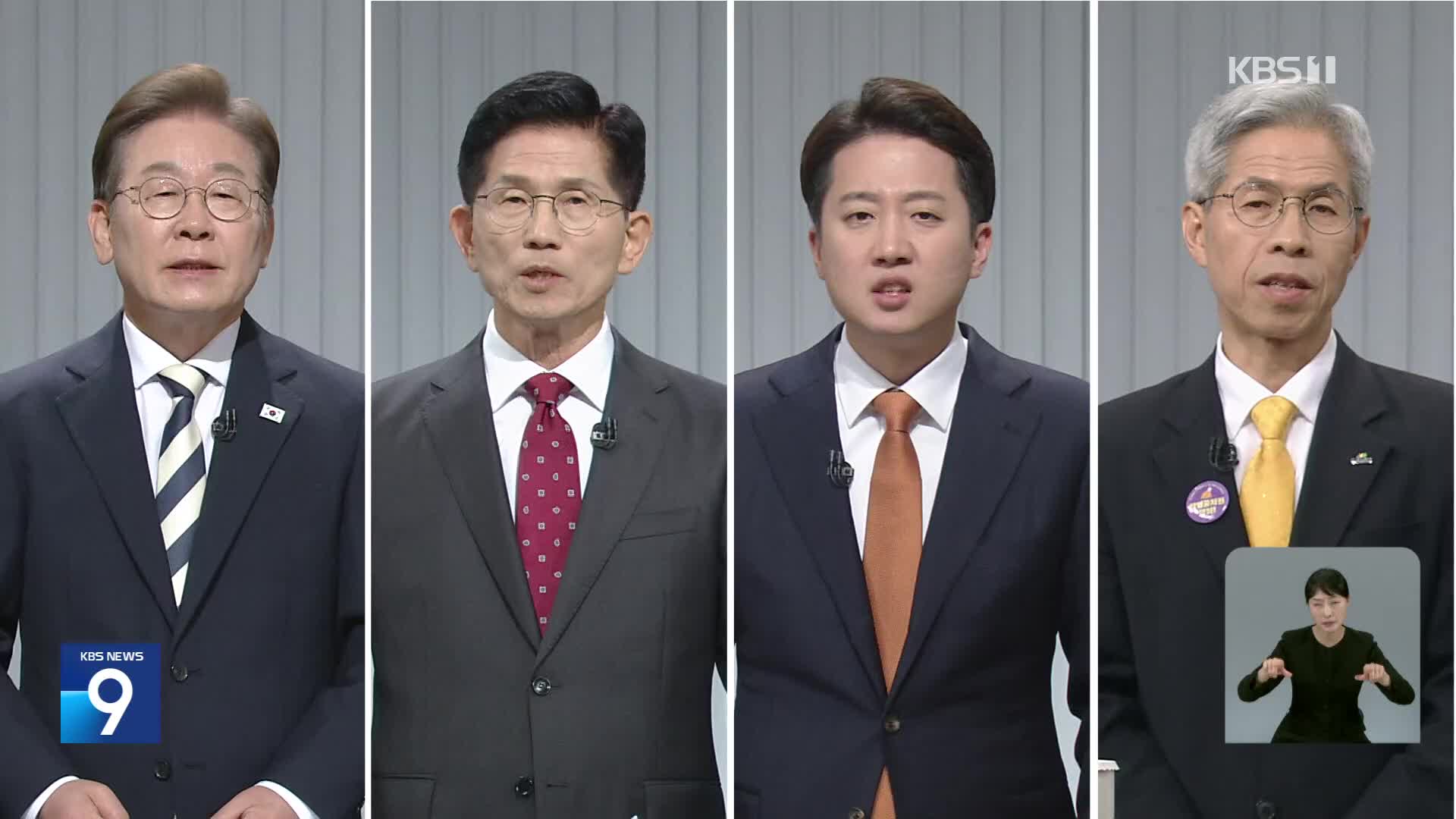
[Anchor]
Well, today (May 27) we will verify the energy pledges of the presidential candidates.
As a means to meet the rapidly increasing electricity demand in the age of artificial intelligence, candidates are mainly mentioning nuclear power and renewable energy.
However, the emphasis they place on these options varies.
Reporter Park Kyung-jun has the story.
[Report]
These days, we ask even simple questions like 'summer vacation spots' to ChatGPT.
Even with the same question, AI provides much more detailed answers.
While it's convenient, there is a cost.
That cost is electricity.
The amount of electricity consumed can differ by as much as ten times.
The power demand skyrocketing due to the development of the AI industry.
As a result, it is expected that our country's electricity consumption will increase by 10% in five years and by 23% in ten years.
So how do the candidates plan to handle this electricity demand?
As you can see, their positions are noticeably divergent.
There are clear differences among the candidates regarding how much they will utilize nuclear power and how much they will rely on renewable energy.
Lee Jae-myung, the Democratic Party candidate, states that he will only utilize existing nuclear power and expand renewable energy.
He has promised to build an energy highway using solar and wind power and to create 100% renewable energy, RE100 industrial complexes.
[Lee Jae-myung/Democratic Party Presidential Candidate/May 23: "The existing facilities can be used until 2060. In the meantime, we will significantly increase the share of renewable energy, whether it be wind or solar."]
Kim Moon-soo, the People Power Party candidate, has promised to increase the current share of nuclear power from 32% to 60% and reduce electricity rates by half.
He has also pledged to construct additional nuclear power plants and to commercialize small modular reactors (SMRs) early.
[Kim Moon-soo/People Power Party Presidential Candidate/May 23: "I believe that preparing a lot of cheap, stable, and clean nuclear power generation is the core of the national energy strategy."]
Lee Jun-seok, the Reform Party candidate, argues that nuclear power is more cost-effective than renewable energy.
He leans towards expanding nuclear power.
[Lee Jun-seok/Reform Party Presidential Candidate/May 23: "Talking about phasing out nuclear power and expanding renewable energy without understanding the industry is simply ideological..."]
On the other hand, Kwon Young-guk, the Democratic Labor Party candidate, declared 'nuclear phase-out by 2040' and advocates for the abolition of nuclear power.
[Kwon Young-guk/Democratic Labor Party Presidential Candidate/May 23: "I will work towards a South Korea without nuclear power plants. I know it won't be easy to achieve. However, it is very urgent."]
While there are clear differences among the four candidates, they all share a commonality in that it is difficult to find specific execution plans in their pledges.
There is no explanation on how they will secure a stable power supply through renewable energy or how they will address environmental and safety concerns if nuclear power is increased.
[Yang Jun-seok/KBS Pledge Verification Advisory Group/Professor at Yonsei University: "In reality, a tremendous amount of resources and social consensus are needed, but there is still no master plan on how to overcome the difficulties..."]
Experts pointed out that the candidates' energy policies lack strategies and realism for policy implementation.
KBS News, Park Kyung-jun.
Well, today (May 27) we will verify the energy pledges of the presidential candidates.
As a means to meet the rapidly increasing electricity demand in the age of artificial intelligence, candidates are mainly mentioning nuclear power and renewable energy.
However, the emphasis they place on these options varies.
Reporter Park Kyung-jun has the story.
[Report]
These days, we ask even simple questions like 'summer vacation spots' to ChatGPT.
Even with the same question, AI provides much more detailed answers.
While it's convenient, there is a cost.
That cost is electricity.
The amount of electricity consumed can differ by as much as ten times.
The power demand skyrocketing due to the development of the AI industry.
As a result, it is expected that our country's electricity consumption will increase by 10% in five years and by 23% in ten years.
So how do the candidates plan to handle this electricity demand?
As you can see, their positions are noticeably divergent.
There are clear differences among the candidates regarding how much they will utilize nuclear power and how much they will rely on renewable energy.
Lee Jae-myung, the Democratic Party candidate, states that he will only utilize existing nuclear power and expand renewable energy.
He has promised to build an energy highway using solar and wind power and to create 100% renewable energy, RE100 industrial complexes.
[Lee Jae-myung/Democratic Party Presidential Candidate/May 23: "The existing facilities can be used until 2060. In the meantime, we will significantly increase the share of renewable energy, whether it be wind or solar."]
Kim Moon-soo, the People Power Party candidate, has promised to increase the current share of nuclear power from 32% to 60% and reduce electricity rates by half.
He has also pledged to construct additional nuclear power plants and to commercialize small modular reactors (SMRs) early.
[Kim Moon-soo/People Power Party Presidential Candidate/May 23: "I believe that preparing a lot of cheap, stable, and clean nuclear power generation is the core of the national energy strategy."]
Lee Jun-seok, the Reform Party candidate, argues that nuclear power is more cost-effective than renewable energy.
He leans towards expanding nuclear power.
[Lee Jun-seok/Reform Party Presidential Candidate/May 23: "Talking about phasing out nuclear power and expanding renewable energy without understanding the industry is simply ideological..."]
On the other hand, Kwon Young-guk, the Democratic Labor Party candidate, declared 'nuclear phase-out by 2040' and advocates for the abolition of nuclear power.
[Kwon Young-guk/Democratic Labor Party Presidential Candidate/May 23: "I will work towards a South Korea without nuclear power plants. I know it won't be easy to achieve. However, it is very urgent."]
While there are clear differences among the four candidates, they all share a commonality in that it is difficult to find specific execution plans in their pledges.
There is no explanation on how they will secure a stable power supply through renewable energy or how they will address environmental and safety concerns if nuclear power is increased.
[Yang Jun-seok/KBS Pledge Verification Advisory Group/Professor at Yonsei University: "In reality, a tremendous amount of resources and social consensus are needed, but there is still no master plan on how to overcome the difficulties..."]
Experts pointed out that the candidates' energy policies lack strategies and realism for policy implementation.
KBS News, Park Kyung-jun.
-
-
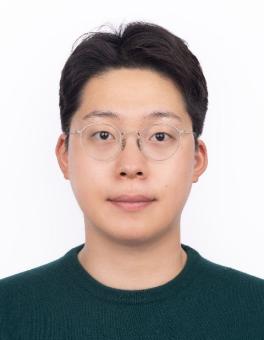
박경준 기자 kjpark@kbs.co.kr
박경준 기자의 기사 모음
-
이 기사가 좋으셨다면
-
좋아요
0
-
응원해요
0
-
후속 원해요
0










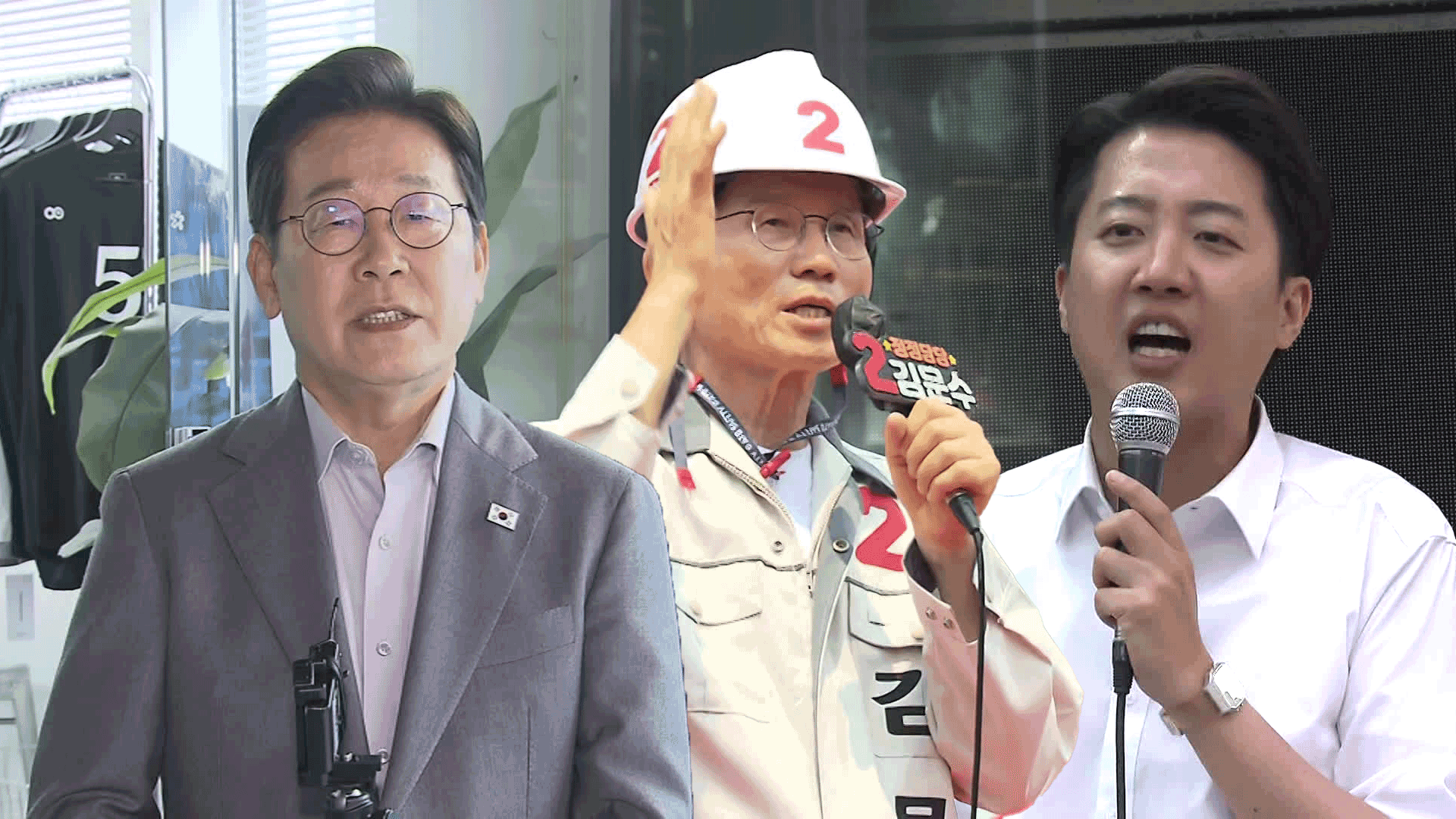
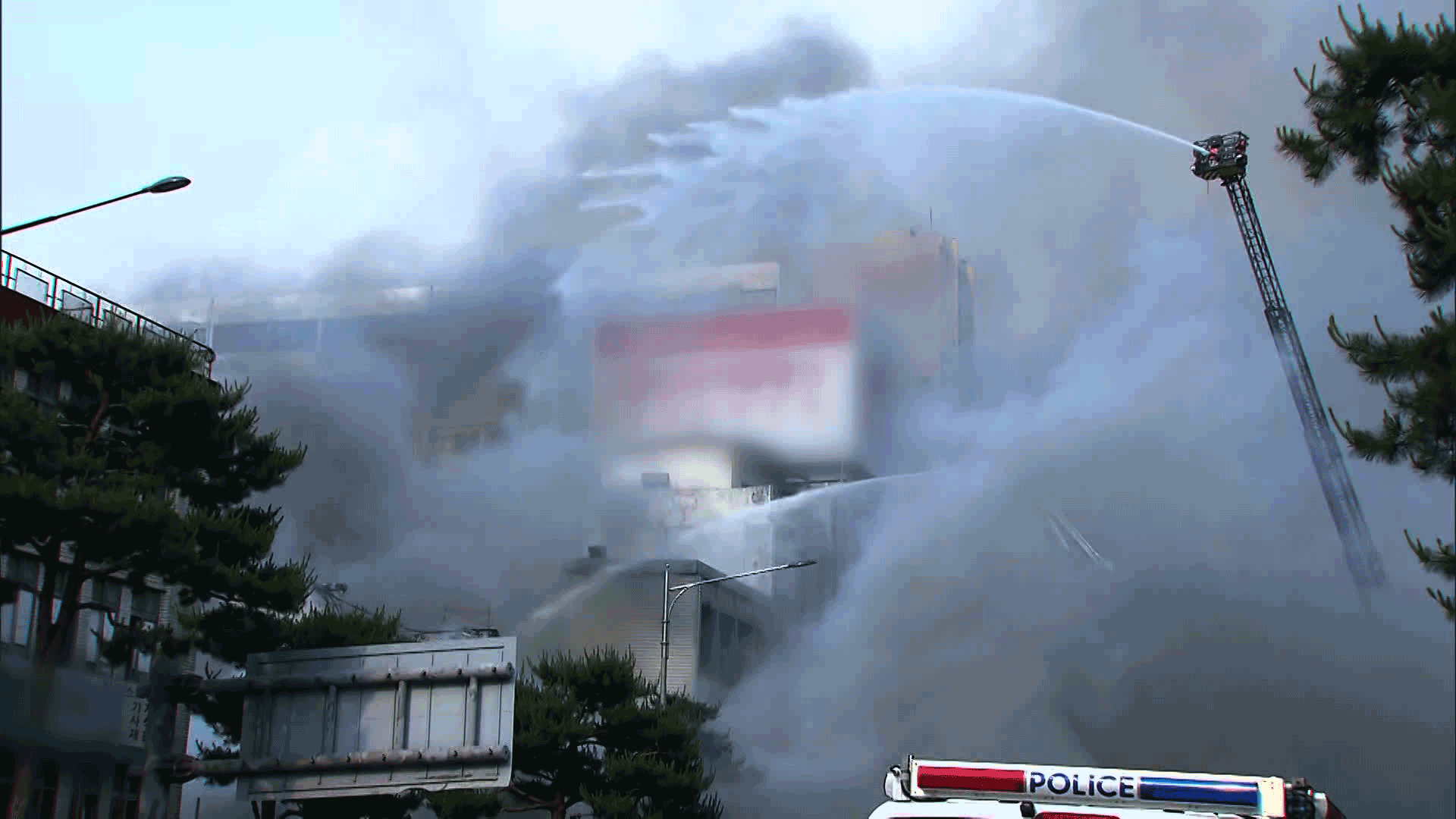
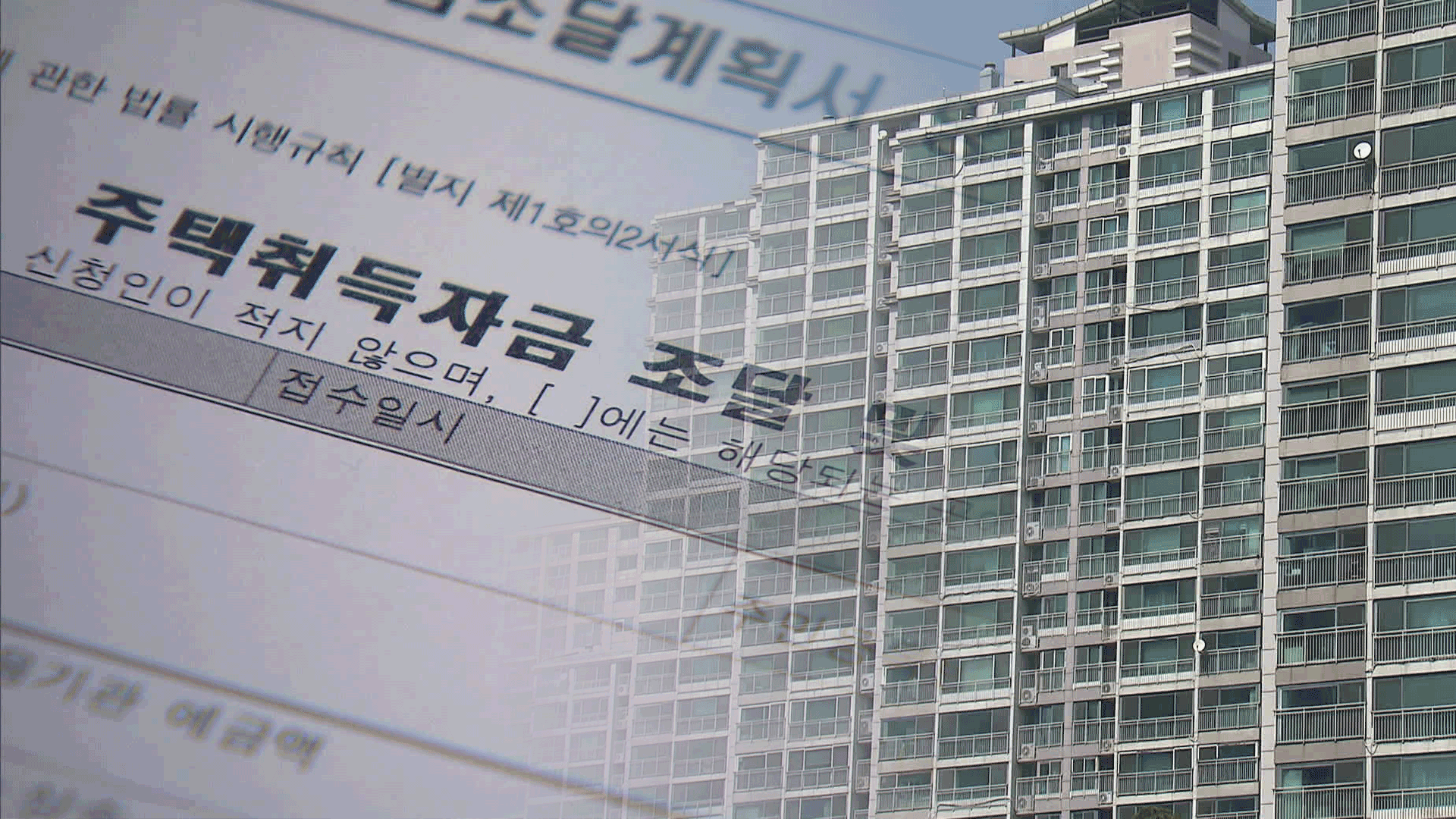
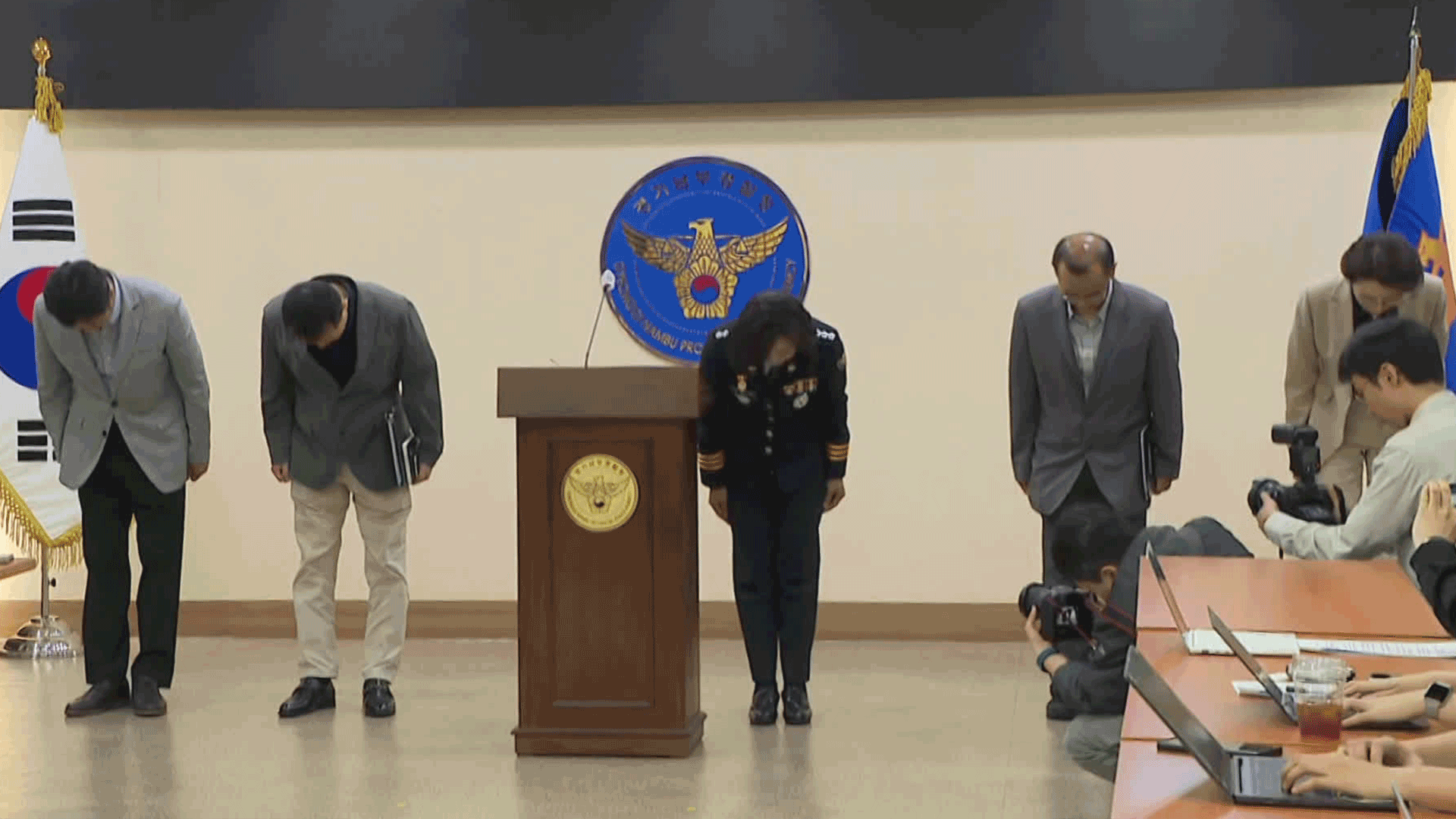

이 기사에 대한 의견을 남겨주세요.